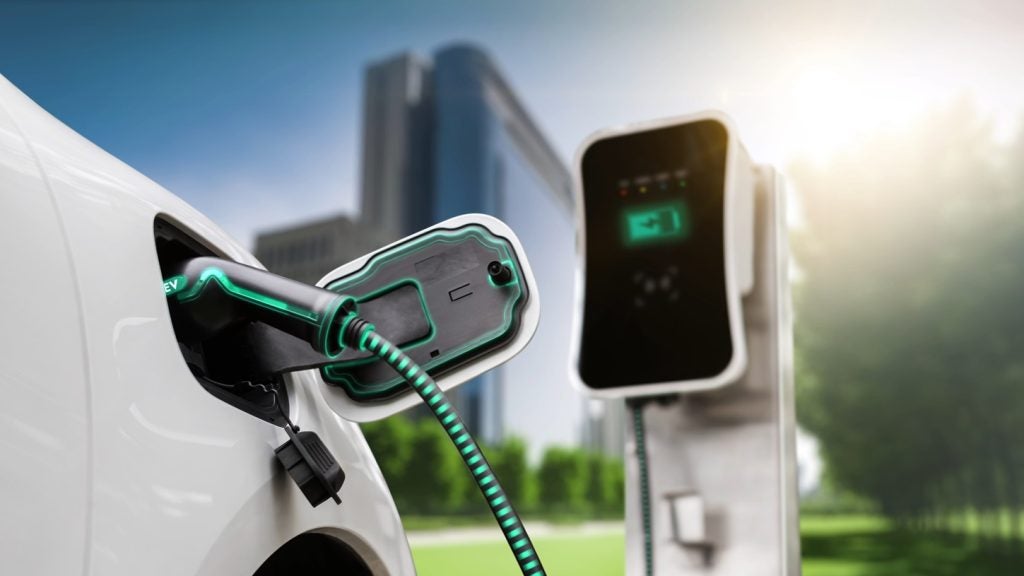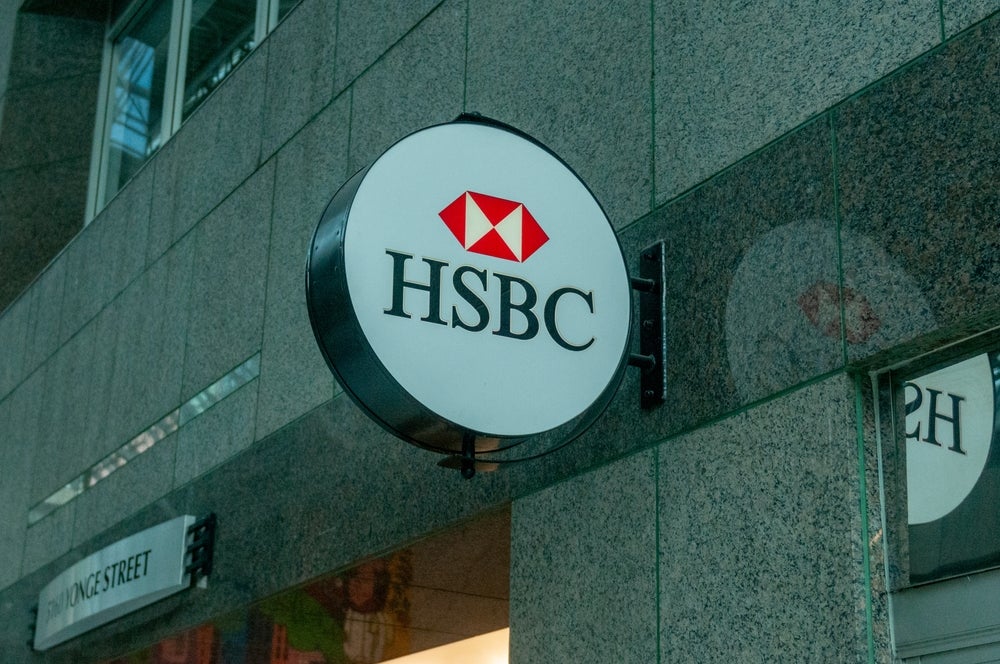
Some reports have compared PCPs with subprime lending, with drivers taking out unaffordable agreements and – in doing so – creating another financial bubble. NACFB director Graham Hill looks to set the record straight
Over the past couple of months, the press has been alive with vehicle finance stories following the announcement that an investigation was to be carried out by the Financial Conduct Authority into the miss-selling of vehicle finance, and in particular PCP agreements.
As a result I have been commenting, on behalf of the NACFB, in most online and offline national newspapers and trade journals from The Times, FT and Mail through to AM Online, Mail Online and AutoExpress, and even as far away as Malaysia and India – the NACFB goes global!
Sadly, most of what is being reported is total bunkum. Several journalists have compared PCPs with subprime lending, suggesting that those taking out PCP agreements can ill-afford the payments, creating a financial bubble about to burst – as happened with mortgages in 2008.
So in this piece I intend to put the record straight and answer questions that you may have if you are indeed thinking of taking out a PCP agreement or are in the middle of one. Incidentally, do not come to me for a PCP as I do not offer the product. As a broker I concentrate on PCH, a better – and invariably cheaper – product.
Extreme Exposure
Is PCP available to those with poor credit? Definitely not. The funder – which is normally the manufacturer’s own finance arm – takes a relatively small deposit and can charge as little as £250 per month for a £25,000 motor car.
How well do you really know your competitors?
Access the most comprehensive Company Profiles on the market, powered by GlobalData. Save hours of research. Gain competitive edge.

Thank you!
Your download email will arrive shortly
Not ready to buy yet? Download a free sample
We are confident about the unique quality of our Company Profiles. However, we want you to make the most beneficial decision for your business, so we offer a free sample that you can download by submitting the below form
By GlobalDataWith that level of extreme exposure by the leasing company, if you think that you do not have to be totally squeaky clean to be approved for finance you must think the lender is nuts and/or you are deluded! PCP is not for the credit-challenged.
Is it a good product? Yes it is. There is nothing wrong with it and, with over 85% of new cars financed by consumers on PCPs, it is clearly a hit with those who may only have been able to drive a two- or three-year-old car for the same down payment and monthly repayment.
As more people drive new cars the environment improves and drivers have lower running costs with better MPG (and the great feeling of driving a brand new car).
What are the catches? Sadly the profit motive has taken over in many dealerships with very little regard to their FCA legal obligations, hence the reason for an investigation.
Dealers are under pressure to sell more new cars by the manufacturer, and to sell them on finance which earns them more profit out of the one customer. And guess which finance product earns most profit? Yep, PCP.
So, firstly make sure that you are signing a PCP agreement. There has been a lot of concern over hire purchase agreements with a balloon payment being sold as PCP.
The big difference here is that you must pay the final balloon payment. It will simply come out of your bank account by direct debit. You have no right to return the car at the end of the agreement as you do with a PCP. It means the customer takes the risk in the final balloon payment, not the lender.
Moneysavingexpert.com has revealed that 80% of all cars on PCP are returned at the end of the agreement, but many are still convinced to take out a PCP rather than a cheaper PCH “because it gives you the option to buy the vehicle”, which PCH does not. They then give the car back anyway while paying more per month – daft!
Challenges
Giving the car back can present another set of challenges that are not usually explained by the dealer. First of all there are end-of-lease charges which I do not think are always unfair. Excess mileage over the contracted mileage is a result of the car now being worth less than expected – not unreasonable.
Repairing dents may be a cost to you, but had you owned the car and part-exchanged it the dealer would have knocked money off his offer – same difference.
Finally, there are the unforeseen extra charges. For example if you cannot find the spare key that came with the car you will be charged for a replacement. With car ‘keys’ often being a mini computer, they can cost up to £600.
Missing service history, not having the car serviced on time or not having the car serviced at a main dealer can result in charges. Even a missing wheel lock nut can end up with a bill for £30.
So, do some research. Know exactly what you are signing, and shop around. Be realistic about annual mileage. And take good care of the car!







